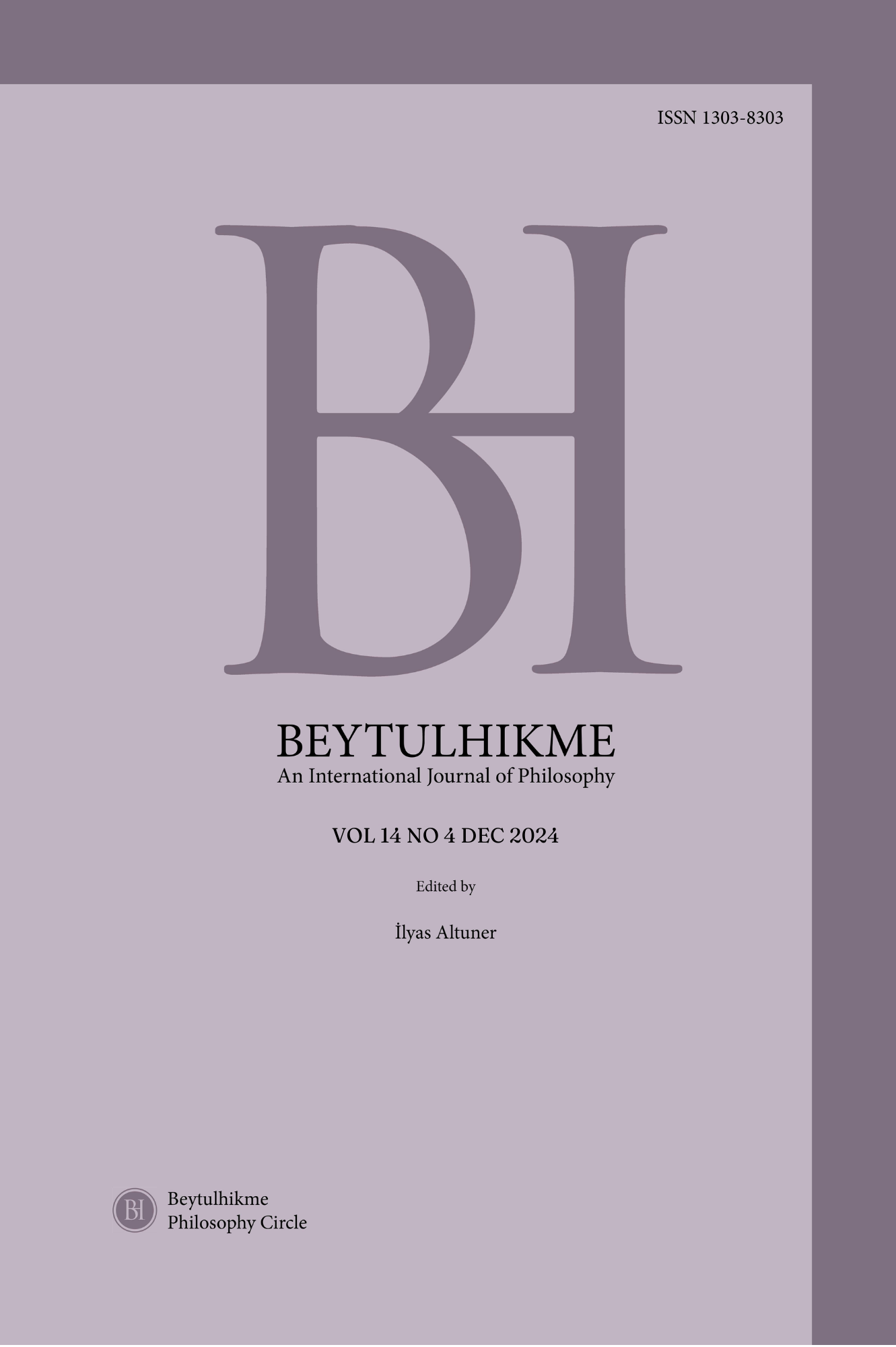Author :
Abstract
Kendisini, Dionysos’un havarisi olarak tanımlayan Nietzsche’ye göre müzik de Dionysosçudur. Varlığı sabit ve durağan bir öze indirgemeden, bir akış ve oluş olarak ifade eden Nietzsche için bu akışın ve oluşun mayası Dionysosçu müzikse, bu müziğin tınısı Apolloniktir. Nietzsche’nin müziğe olan bu yaklaşımında, Schopenhauer’ın felsefi büyüsünü görmek mümkündür. Her ne kadar Schopenhauer’ın varlığın kaynağının tanrısal olduğuna ilişkin öğretilere karşı yapmış olduğu itirazı Yahudi-Hristiyan öğretisinin ajandasına sarsıcı bir tez olarak not düşülse de; Nietzsche için Schopenhauer’ın müziğe yüklediği anlam da bu öğretilerle aynı adrestedir: Müzik, yaşamdan kaçmanın bir yoludur yalnızca. Halbuki Schopenhauer’ın Yahudi-Hıristiyan öğretisine getirdiği itiraz, Nietzsche’nin ellerinde yaşamın estetik bir fenomen olarak değerlendirilmesine dönüşmüştür. Yaşamın estetik bir fenomen olarak yaşanmasına aracı olan dilin iki ana ögesi metaforik ve müzikal ifade biçimidir. Hatta Nietzsche’ye göre, metaforik ifadeyi bile yaratan müziktir. Bu çalışmada, Nietzsche’nin en kötü dünyanın varoluşunu bile haklı çıkarabilecek bir fenomen olarak düşündüğü, müzik üzerine düşünceleri incelenmiştir.
Keywords
Abstract
According to Nietzsche, who defines himself as the apostle of Dionysus, music is also Dionysian. For Nietzsche, who expresses existence as a flow and becoming without reducing it to a fixed and static essence, if the leaven of this flow and becoming is Dionysian music, the timbre of this music is Apollonian. It is possible to see Schopenhauer's philosophical magic in Nietzsche's interpretation of music. Although Schopenhauer's objection to the teachings that the source of existence is divine is noted as a shocking thesis in the agenda of the Judeo-Christian doctrine; for Nietzsche, the meaning Schopenhauer attributes to music is at the same address with these teachings: Music is a way of escaping from life. However, Schopenhauer's objection to Judeo-Christian doctrine was transformed in Nietzsche's hands into the evaluation of life as an aesthetic phenomenon. The two main elements of language, which are the means of experiencing life as an aesthetic phenomenon, are metaphorical and musical expression. According to Nietzsche, it is music that creates even metaphorical expression. This study examines the phenomenon of music, which, according to Nietzsche, is the address of the power that can justify the existence of even the worst world.





